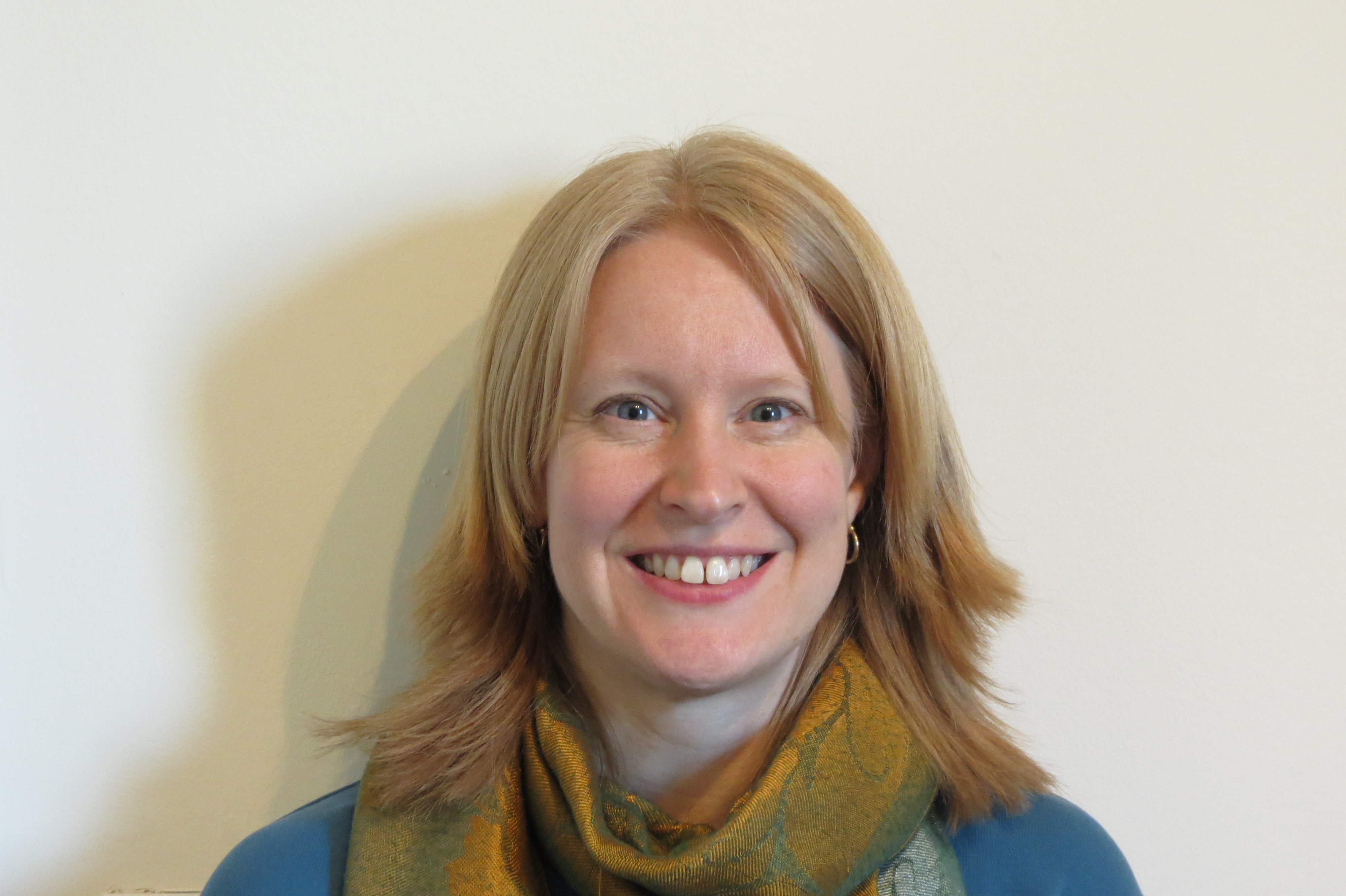When playing soccer is no longer safe
In April, a 15-year-old Palestinian boy was playing soccer near his home in Aida Refugee Camp in Bethlehem. Suddenly an Israeli soldier arrested him and took him to a nearby police station where he was interrogated and accused of throwing stones. After six weeks in Ofer Prison and a fine of $840, the teen was finally released.
Unfortunately, this story happens all too often in the West Bank. At any given time, Israel is holding about 200 Palestinian children in military detention. Human rights organizations report that three out of four of these children experience some form of physical violence. Half are arrested in their homes in nighttime raids. The trauma experienced by these youth and their families has a lasting impact.
Rep. Betty McCollum (D-Minn.) has introduced legislation to call attention to this issue and to prohibit U.S. taxpayer funds from supporting the military detention of children in any country, including Israel. The bill, H.R. 2407, would also designate $19 million for organizations to document these human rights abuses and to provide trauma healing for those who have been in military detention.
As of this writing, the bill has 20 co-sponsors. The U.S. government is a strong ally of Israel and provides more than $3.3 billion in military assistance, without conditions, to Israel each year. Increasing the number of co-sponsors on H.R. 2407 sends a strong message to the Israeli government that these kinds of practices are unacceptable and must end.

Aida Refugee Camp in Bethlehem, West Bank, Palestine. MCC photo/Elizabeth Kessler
In the meantime, life continues on in Aida Camp. But the boy who was arrested this spring says he no longer feels safe playing soccer. Like children and youth everywhere, he needs security, freedom and peace in order to thrive.
You can help by encouraging your representative to support H.R. 2407. Please also consider giving to Mennonite Central Committee’s work in Palestine and Israel. MCC partners with Lajee Center to provide arts and other programs for youth in Aida Camp. Together these efforts can help send a message that military detention is No Way to Treat a Child.




